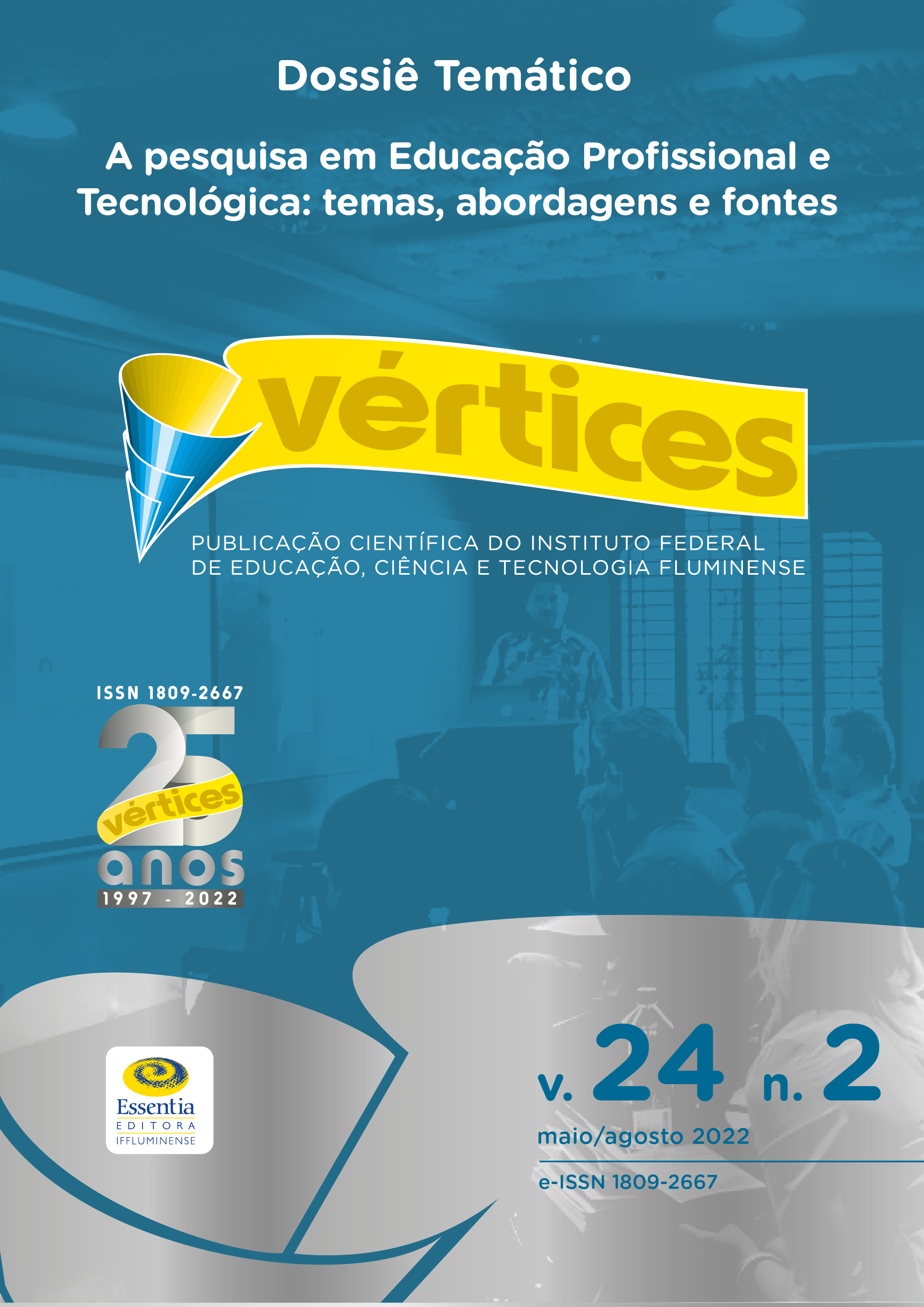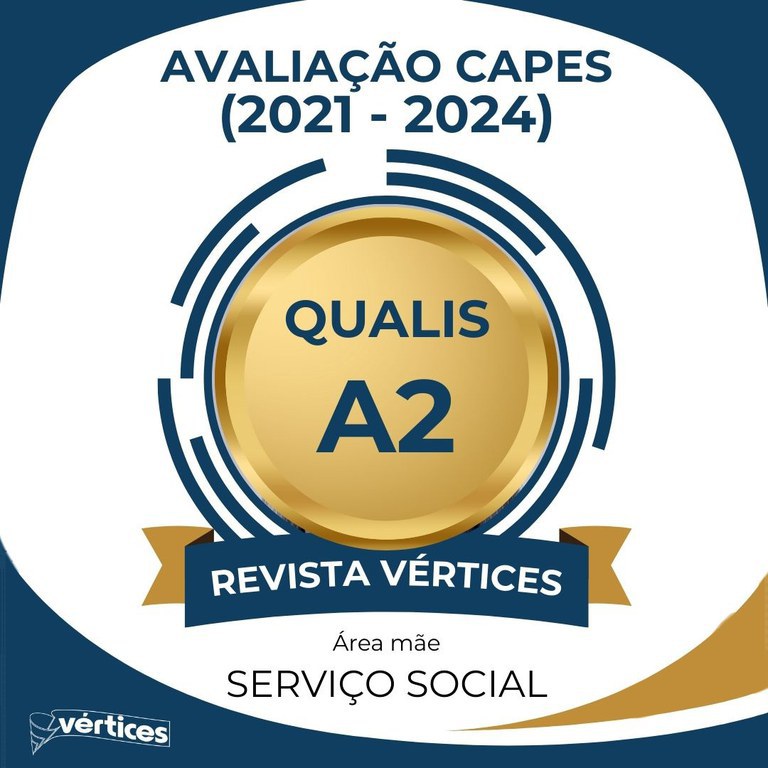Knowledge and provisions for teaching: a study with higher education Libras teachers
DOI:
https://doi.org/10.19180/1809-2667.v24n22022p680-694Keywords:
Knowledge Teaching, Libras, Higher Education, Training, TeachingAbstract
This article aims to get to know the teaching knowledge that is mobilized by Libras (Brazilian Sign Language) teachers in Higher Education. The profession of Libras teachers is relatively recent, and it came into existence in Brazil with the officialization of Libras as a language of communication and expression for Brazilian deaf people according to Law 10436/2002. Thus, researching teaching knowledge becomes important in qualifying the training of Libras teachers. Through a qualitative methodology it was possible to interview six Libras teachers working in Higher Education. The interviews were categorized by content analysis (BARDIN, 2016) for further interpretation. Authors such as Nóvoa (2009), Tardif (2014), and Cunha (2010) theoretically referred to the discussions about teaching in Libras. As a result, the data showed the different origins of this knowledge which have been established since entering school as students and developing throughout life. Furthermore, it indicated the temporality of training and professional development, as a continuous process, and the importance of collective work and the exchanges between peers as a device of significant training.Downloads
References
ALBRES, N. A. Ensino de Libras: aspectos históricos e sociais para a formação didática de professores. Curitiba: Appris, 2016.
BARDIN, L. Análise de conteúdo. Tradução: Luís Antero Reto e Augusto Pinheiro. Lisboa: Edições 70, 2016.
BRASIL. Decreto nº 5.626, de 22 de dezembro de 2005. Regulamenta a Lei nº 10.436, de 24 de abril de 2002, que dispõe sobre a Língua Brasileira de Sinais - Libras, e o art. 18 da Lei nº 10.098, de 19 de dezembro de 2000. Diário Oficial da União, seção 1, Brasília, DF, p. 28, 23 dez. 2005.
BRASIL. Lei nº 10.436, de 24 de abril de 2002. Dispõe sobre a Língua Brasileira de Sinais - Libras e dá outras providências. Diário Oficial da União, seção 1, Brasília, DF, p. 23, 25 abr. 2002.
BRITO, F. B. O movimento social surdo e a campanha pela oficialização da língua brasileira de sinais. 2013. 276 f. Tese (Doutorado em Educação) - Universidade de São Paulo, São Paulo, 2013.
CARVALHO, D. J. Não basta ser surdo para ser professor: as práticas que constituem o ser professor no espaço da inclusão. 2016. 149 f. Dissertação (Mestrado em Educação) - Universidade Federal do Espírito Santo, Vitória, 2016.
CORRÊA, L. B. Trajetos formativos de docentes de Libras do Ensino Superior: dentre saberes e significações. 2017. 116 f. Dissertação (Mestrado em Educação Profissional e Tecnológica) - Universidade Federal de Santa Maria, Santa Maria, 2017.
CUNHA, M. I. (org.). Trajetórias e lugares de formação da docência universitária: da perspectiva individual ao espaço institucional. Araraquara: Junqueira & Marin; Brasília: CAPES; CNPQ, 2010.
DALL’ALBA, C. Movimentos surdos e educação: negociação da cultura surda. 2013. 94 f. Tese (Doutorado em Educação) - Universidade Federal de Santa Maria, Santa Maria, 2013.
FERRY, G. El trayecto de la formación: los enseñantes entre la teoría y la práctica. México: Paidós, 1990.
GARCIA, C. M. Formação de professores: para uma mudança educativa. Porto: Porto Editora, 1999.
GIANINI, E. Professores surdos de Libras: a centralidade de ambientes bilíngues em sua formação. 2012. 204 f. Tese (Doutorado em Educação) - Universidade Federal do Rio Grande do Norte, Natal, 2012.
NÓVOA, A. Professores: imagens do futuro presente. Lisboa: Educa, 2009.
NÓVOA, A. Vidas de professores. Porto: Porto Editora, 2000.
PIMENTA, S. G. (org.). Saberes pedagógicos e atividade docente. 6. ed. São Paulo: Cortez, 2008.
SKLIAR, C. (org.). Educação & exclusão: abordagens sócio-antropológicas em educação especial. Porto Alegre: Mediação, 1997.
TARDIF, M. Saberes docentes e formação profissional. Petrópolis: Vozes, 2002.
TARDIF, M. Saberes docentes e formação profissional. Petrópolis: Vozes, 2014.
TARDIF, M. Saberes profissionais dos professores e conhecimentos universitários: elementos para uma epistemologia da prática profissional dos professores e suas conseqüências em relação à formação para o magistério. Revista Brasileira de Educação, Rio de Janeiro, n. 13, p. 5-24, jan./abr. 2000.
Published
Issue
Section
License
Copyright (c) 2022 Lucinara Bastiani Corrêa, Vantoir Roberto Brancher, Luana Cassol Bortolin

This work is licensed under a Creative Commons Attribution 4.0 International License.
The authors of the manuscript submitted to Vértices, hereby represented by the corresponding author, agree to the following terms:
The authors retain the copyright and grant Vértices the right of first publication.
At the same time the work is licensed under the Creative Commons Attribution 4.0 International License, allowing third parties to copy and redistribute the material in any medium or format and to remix, transform, and build upon its content for any legal purpose, even commercially, provided the original work is properly cited.
Authors will not receive any material reward for the manuscript and Essentia Editora will make it available online in Open Access mode, through its own system or other databases.
Authors are authorized to enter into additional contracts separately for non-exclusive distribution of the version of the work published in Vértices (eg, publish in institutional repository or as book chapter), with acknowledgment of authorship and initial publication in this journal.
Authors are permitted and encouraged to disseminate and distribute the post-print (ie final draft post-refereeing) or publisher's version/PDF at online information sources (eg, in institutional repositories or on their personal page) at any time after the first publication of the article by Vértices.
Essentia Editora may make normative, orthographic and grammatical changes in the originals in order to maintain the standard language, with the final consent of the authors.
The content and opinions expressed in the manuscript are the sole responsibility of the author (s).
























1.png)



